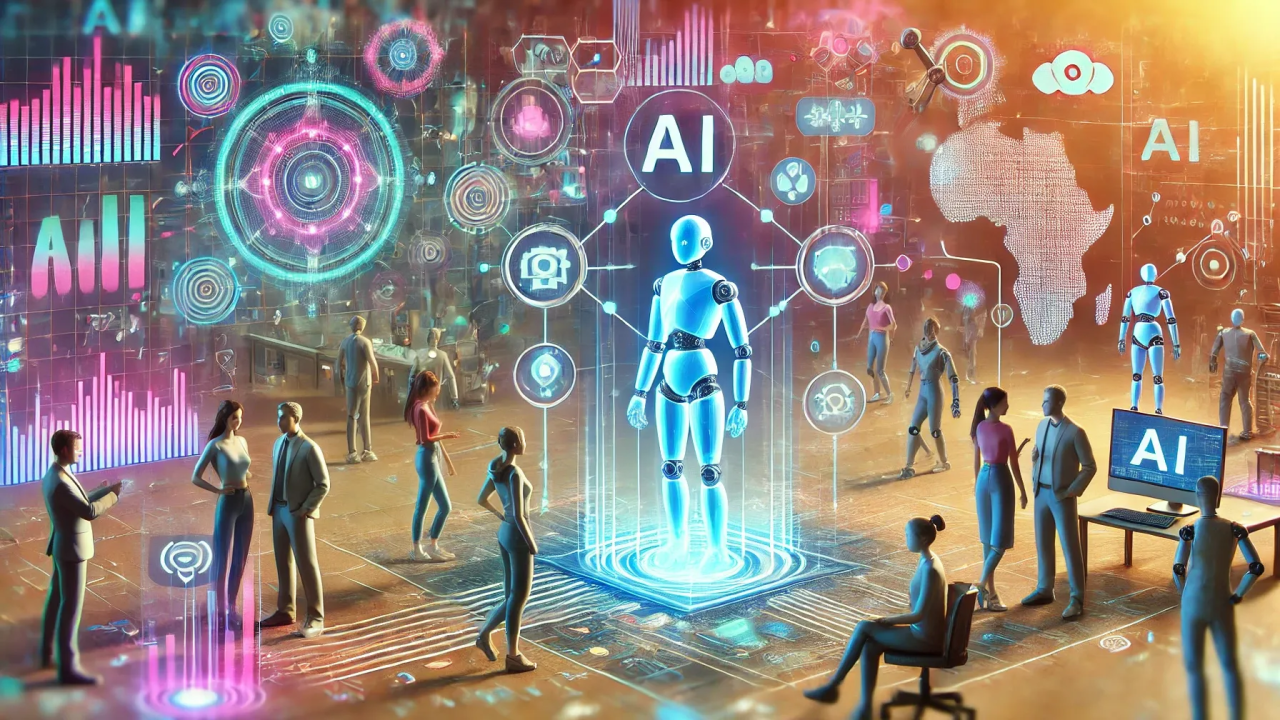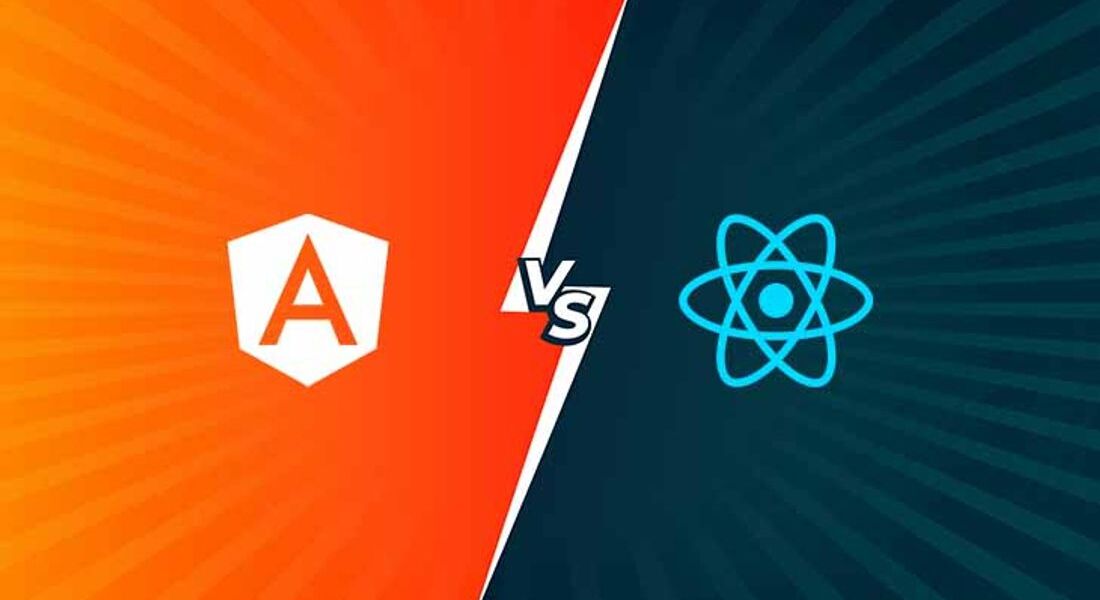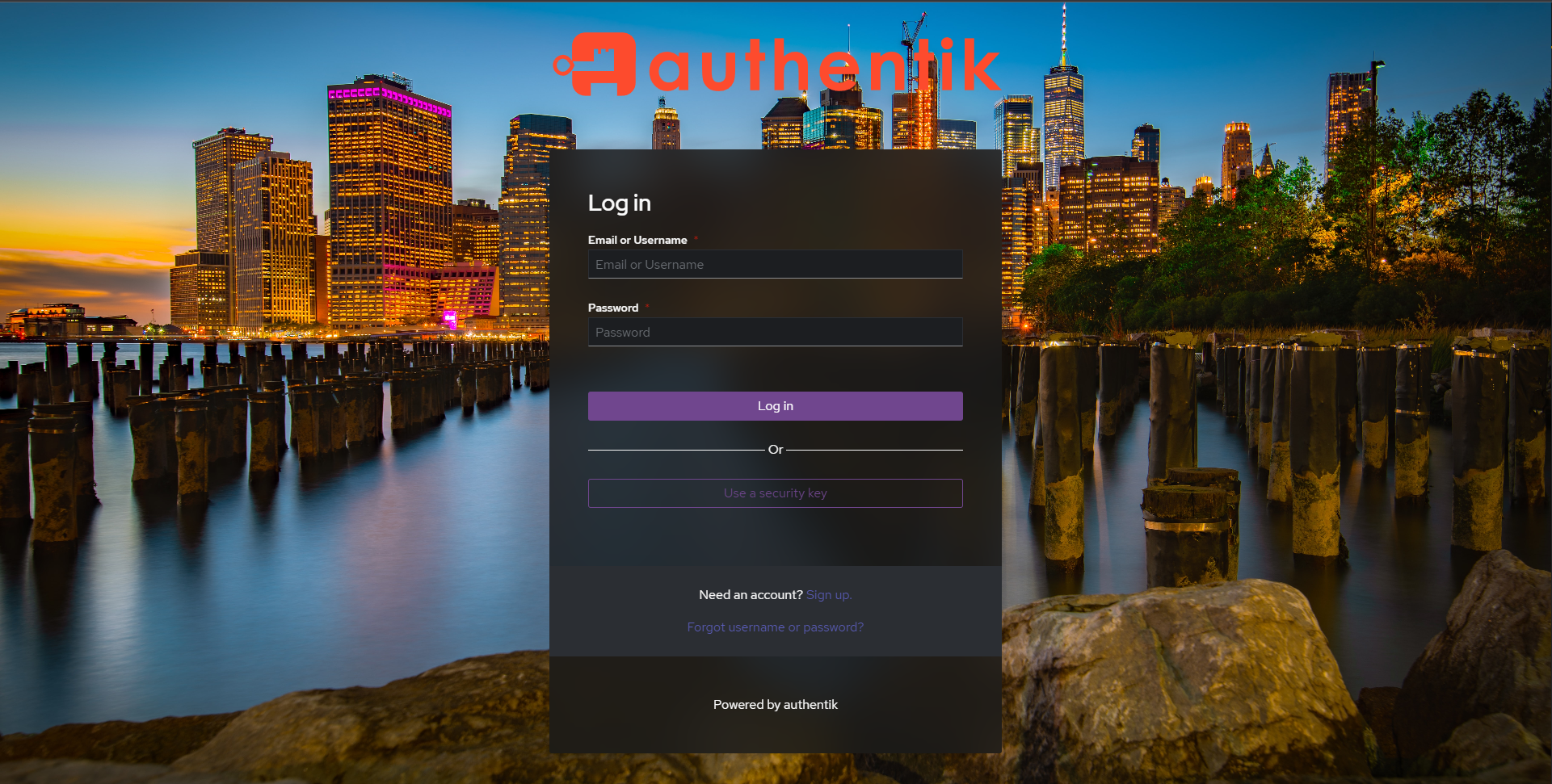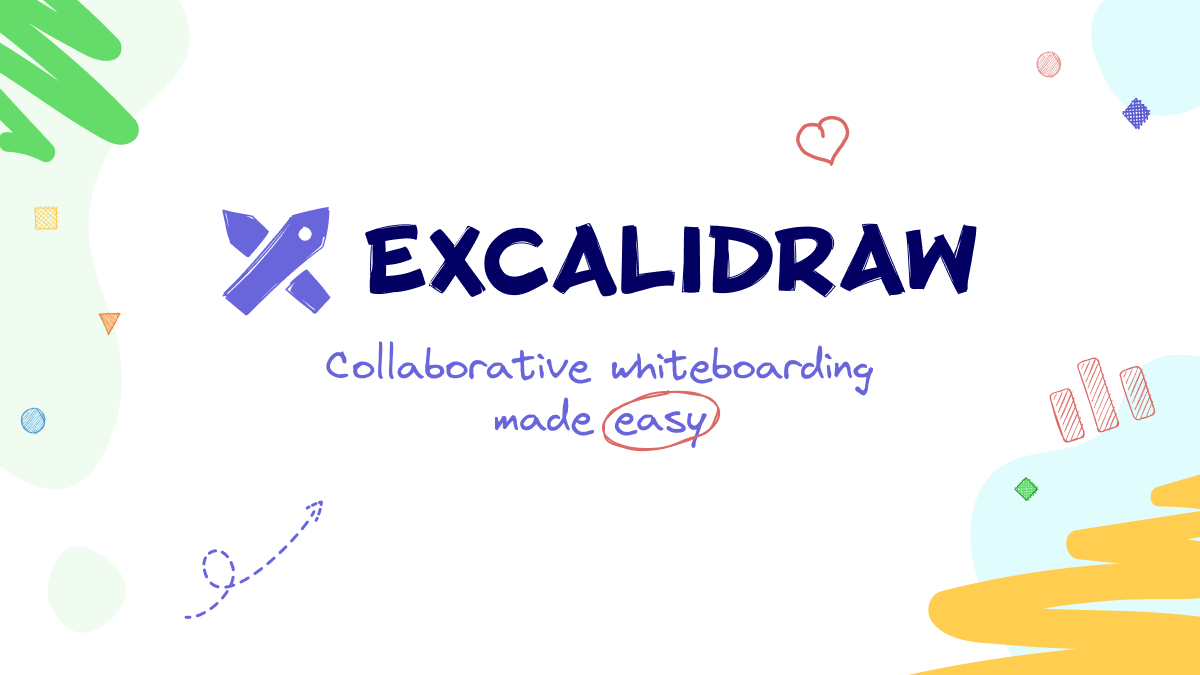I remember a time when writing every line of code was a painstaking process—a journey filled with endless debugging sessions, careful planning, and the occasional burst of inspiration. Today, however, I’m witnessing a seismic shift in how software is built. AI agents are no longer just futuristic buzzwords; they’re becoming real, tangible partners in my day-to-day coding routine, transforming the landscape of software development as we know it.
My Journey Into the New Frontier
When I first heard about tools like GitHub Copilot, I was skeptical. Could a machine really understand the nuance and complexity of software development? Yet, as I began to experiment, I found these AI agents not as replacements for my creativity and problem-solving skills but as accelerators that boosted my productivity. They offered suggestions, auto-completed snippets of code, and even caught bugs I might have overlooked. This partnership wasn’t about handing over my job to a robot—it was about enhancing my capabilities and freeing up time to focus on the more creative aspects of development.
The Transformative Power of AI Agents
Today’s AI agents have evolved far beyond simple code autocomplete features. They are now capable of:
- Autonomous Code Generation: Some agents can interpret high-level instructions written in plain language and generate significant portions of code on their own. This allows me to rapidly prototype ideas without getting bogged down by boilerplate code.
- Intelligent Debugging: AI-driven debugging tools help pinpoint issues faster than ever before. They analyze patterns, predict potential pitfalls, and even suggest fixes—essentially becoming a second pair of eyes that never tire.
- Contextual Assistance: These agents continuously learn from the codebase and adapt to the unique style of the project. Their recommendations feel increasingly tailored, almost as if they’re part of the team.
- Collaborative Problem Solving: In multi-agent systems, different AI tools work together, handling everything from testing to performance optimization. This holistic approach is redefining what it means to collaborate on code.
For me, the impact is undeniable. Not only has my efficiency skyrocketed, but I’ve also been able to tackle projects that once seemed overwhelming. The integration of AI agents has shifted my role from a solo coder to a creative orchestrator—one who designs, refines, and oversees an intelligent, automated development ecosystem.
A Glimpse Into the Future
I’m excited—and admittedly a bit anxious—about where this journey is headed. The evolution of AI agents suggests that in the coming years, the traditional boundaries between human and machine in software development will blur even further. While there are concerns about job displacement and over-reliance on automation, I firmly believe that the true value of AI will be realized when it augments human ingenuity rather than replaces it.
In my view, the future of software development is a collaboration where human creativity meets machine precision. As we continue to innovate and push the boundaries of what AI can do, I’m optimistic that this synergy will lead to more robust, efficient, and innovative solutions that we can all be proud of.
Final Thoughts
The rise of AI agents marks a revolutionary era in software development. It’s a journey that I’m thrilled to be part of—a journey where every day brings new challenges and opportunities to redefine the art of coding. For those who, like me, embrace this change, the future is bright and full of potential.




Post Comment